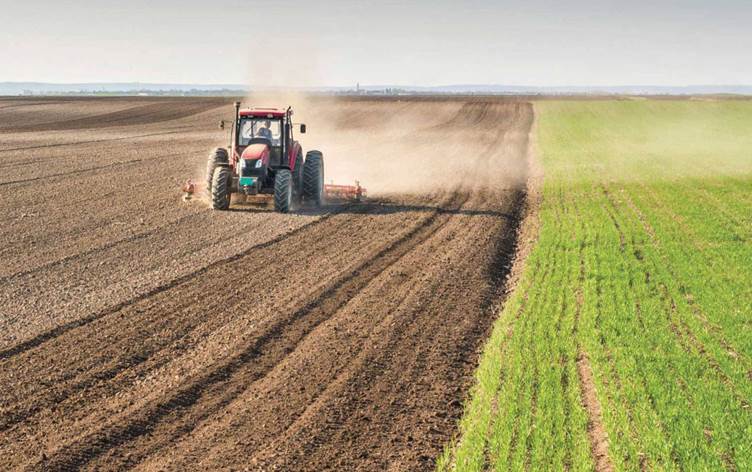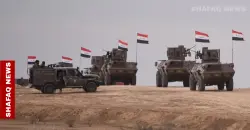WFP and WB partner on socioeconomic research in Iraq

Shafaq News/ The United Nations World Food Programme (WFP) and the World Bank are partnering on gathering key data on the impacts of COVID-19 on households, including people who are displaced, in camps, and those who have returned to their areas, as well as host communities.
A joint statement of the two organizations said that the surveys and analysis deployed in the study use WFP's mobile Vulnerability Analysis and Mapping (mVAM) system; going beyond food insecurity and regularly collecting vital information on labor markets, access to health services, and child education, providing up-to-date snapshots of people's socioeconomic status on the ground during the pandemic. Beside collaborating on the design of the study, the World Bank have contributed financially to sustain the data collection.
"Iraq's multifaceted crisis has severely impacted the livelihoods of the Iraqi people," said World Bank Iraq Representative Ramzi Neman. "The continuation of this study will provide a better understanding of the socioeconomic impact of the crisis on the living conditions of households and thus better inform social protection programs aimed at bringing immediate relief to the most vulnerable."
The statement continued, "with ongoing economic pressures and the resulting devaluation of the Iraqi currency, prices of some essential food items have risen, and families are further impacted," adding, "the research is being used for multiple purposes and provide the government, humanitarian and development communities with information to allow for evidence-based decisions on their pandemic response and support for the most vulnerable families."
Once analyzed, the data and findings will also form the basis of key bulletins and reports, such as the ongoing series published by WFP and the World Bank in partnership with the Food and Agriculture Organization of the United Nations (FAO) and the International Fund for Agricultural Development (IFAD).
"WFP thanks the World Bank for its generous contribution towards this important research partnership, which is supporting informed planning and decision-making by key actors in Iraq," said WFP Iraq Representative Abdirahman Meygag. "Knowing more means being able to do more and do it right. Together our work can help vulnerable families in the most effective way possible."
"WFP and the World Bank both continue to work with the government on social protection efforts as well as the design of major reforms in the sector to best meet families' needs now and in the long-term."





